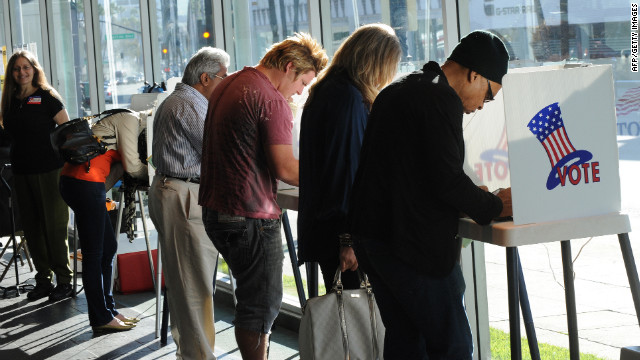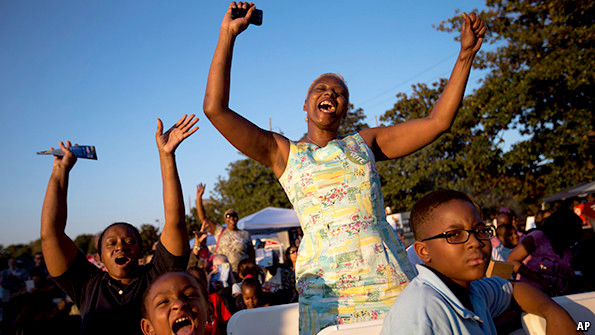SEF Chairman Ben Jealous, who grew up in Baltimore, weighs in on the Freddie Gray case for the New York Daily News:

Last summer's shooting death of Michael Brown by Officer Darren Wilson kicked off a deep and often painful soul-search into the systemic forces that lead police officers to both fear and devalue the lives of black men and women.
Since then, the names of police abuse victims continue scrolling across the evening news: Eric Garner, choked to death on Staten Island; 12-year-old Tamir Rice, gunned down in an Ohio park; Walter Scott, shot in the back in South Carolina, among many others.
Taken together, these cases add up to a damning indictment of the way American police exercise force, particularly against men of color.
Some are quick to write off the protesters and activists, like those who crowded the streets of Baltimore this week, rush to the scene of the latest killing with cardboard signs and chants of "black lives matter." But these frustrated men and women are only driving attention to an issue that has always been there. They are only giving voice to a centuries-old wave of dissatisfaction that is always roiling just under the surface in this country.
As it stands, there is a blunt truth to the recent statement from Gray's family attorney, renowned Baltimore litigator William Murphy, Jr: "The lesson here was that he should have run, and he didn't run fast enough."





 ...No one expects a midterm turnout to approach that of a presidential year, which generates more excitement and interest. For decades, turnout rates in midterms have been 10 or more percentage points below those of presidential elections. Democrats say their focus group interviews show that two-thirds of those not planning to vote this year don’t even know that an election is being held. And voters historically turn against the party of the president elected two years before.
...No one expects a midterm turnout to approach that of a presidential year, which generates more excitement and interest. For decades, turnout rates in midterms have been 10 or more percentage points below those of presidential elections. Democrats say their focus group interviews show that two-thirds of those not planning to vote this year don’t even know that an election is being held. And voters historically turn against the party of the president elected two years before. In 2008, under the best possible conditions for a Democrat, Barack Obama lost Georgia by
In 2008, under the best possible conditions for a Democrat, Barack Obama lost Georgia by 